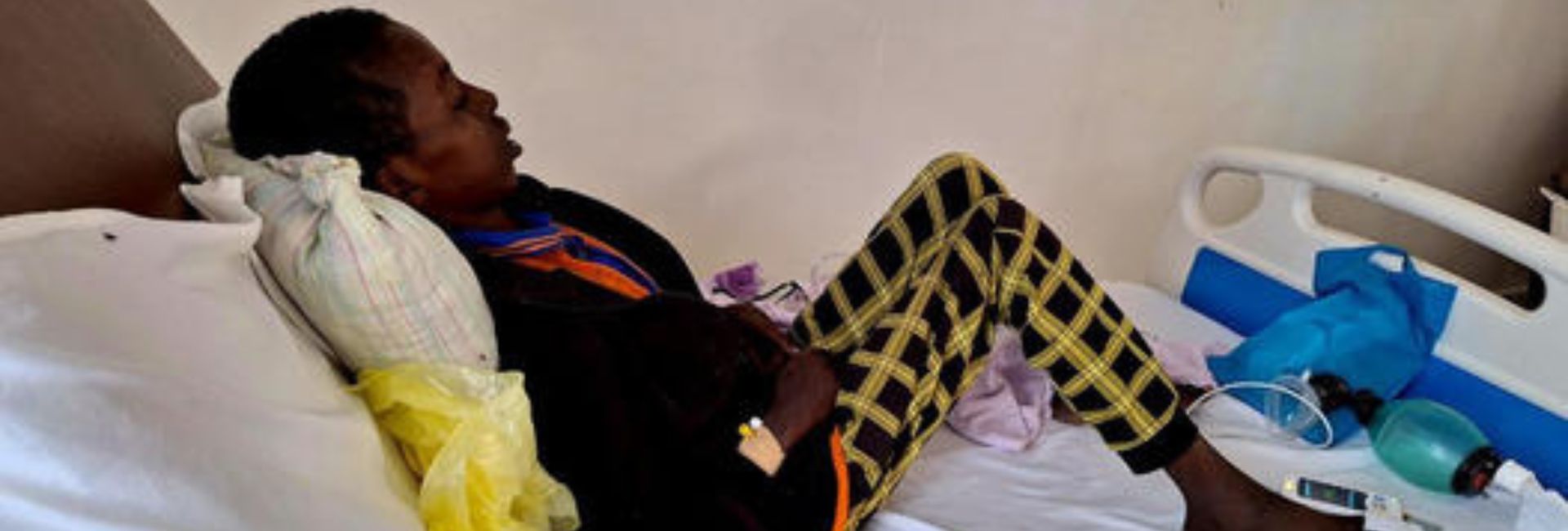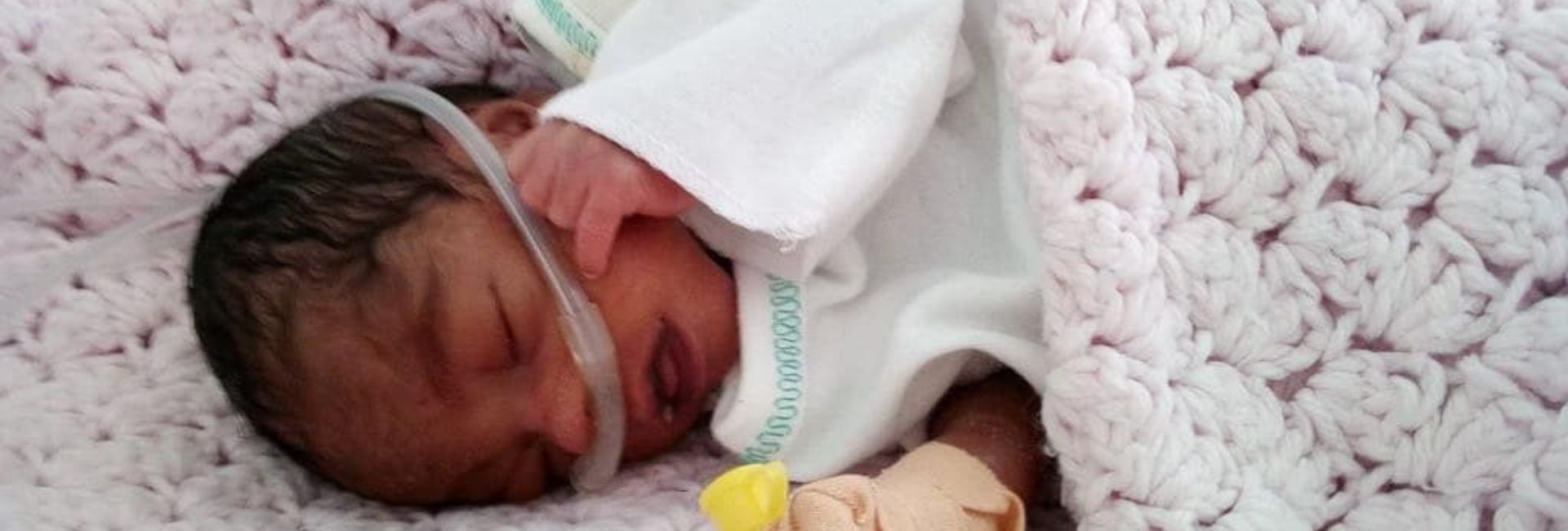Jessica Genova
In the rural and desert areas surrounding Hargeisa, the capital of Somaliland, dozens of refugee camps are spread out, where an ever-increasing number of families reside. One of the largest is Digaale. This camp, established in 2014, has become a permanent home for over 1,300 families, totaling more than 8,000 individuals, and their numbers continue to grow. The lack of water and food has forced hundreds of families to seek shelter in this area just outside the capital, but life— even here—remains a daily challenge. Water is scarce, sanitation conditions are deplorable, and epidemics, including a severe Dengue outbreak, spread rapidly, bringing suffering and fear.
In this fragile context, Specchio dei Tempi’s initiative fully funds MedAcross, which provides a mobile clinic service, offering medical consultations and free treatment. The medical team faces significant challenges: facilities are limited, sanitary conditions are precarious, and epidemics are a daily occurrence. Often, doctors have the difficult task of transporting critically ill patients on rough and difficult roads.
During one of my many visits to the mobile clinic in the refugee camps of Hargeisa, I meet Adam, a 14-year-old boy. It’s impossible not to notice his sunken features and emaciated body, a living testament to the hunger that devours bodies in the Horn of Africa. Adam has spent his nights curled up in bed, struggling to find a position that allows him to breathe and muster the strength to rest without fear. “The nights have been tormenting for the past week,” his mother tells us, “and he hasn’t been able to eat.” The doctor reveals to me and Adam’s mother the grim truth: the child is suffering from severe acute pneumonia and urgently needs oxygen and care to survive. Fortunately, in the Digaale health center, there is an oxygen administration machine, offering a glimmer of hope and relief to all of us. However, it’s clear that this won’t be enough. In a crisis, a proper hospital is his only hope. Shortly after, that thought becomes a reality: the electricity suddenly goes out, and the machine stops working. His oxygen saturation dangerously drops. In those suspended minutes, the entire medical staff mobilizes to support Adam. Fortunately, in a few agonizing minutes, the system is restored, allowing Adam to breathe again, and with him, we all breathe a sigh of relief.
The doctor contacts the pediatric hospital in Hargeisa, built by Specchio dei Tempi 12 years ago, in the capital, hoping to secure a bed for Adam. However, it’s not our lucky day: all the beds are occupied due to the Dengue epidemic. I realize how difficult it is now to convey to the family that they will have to wait at least one more day before being taken to the hospital. I also realize that, despite all the efforts we make daily, helplessness sometimes knocks on the door, enters, and does not leave.
The next day, however, there is finally good news: we manage to secure an available bed. The ambulance arrives at the camp, picks up the child, and takes him to the hospital, where he receives all the necessary medical treatments and remains under observation for a few days. This is the reality that the doctors funded by Specchio dei Tempi face every day, standing by the patients and seeking alternative solutions, which serve as a testament to dedication and commitment.


